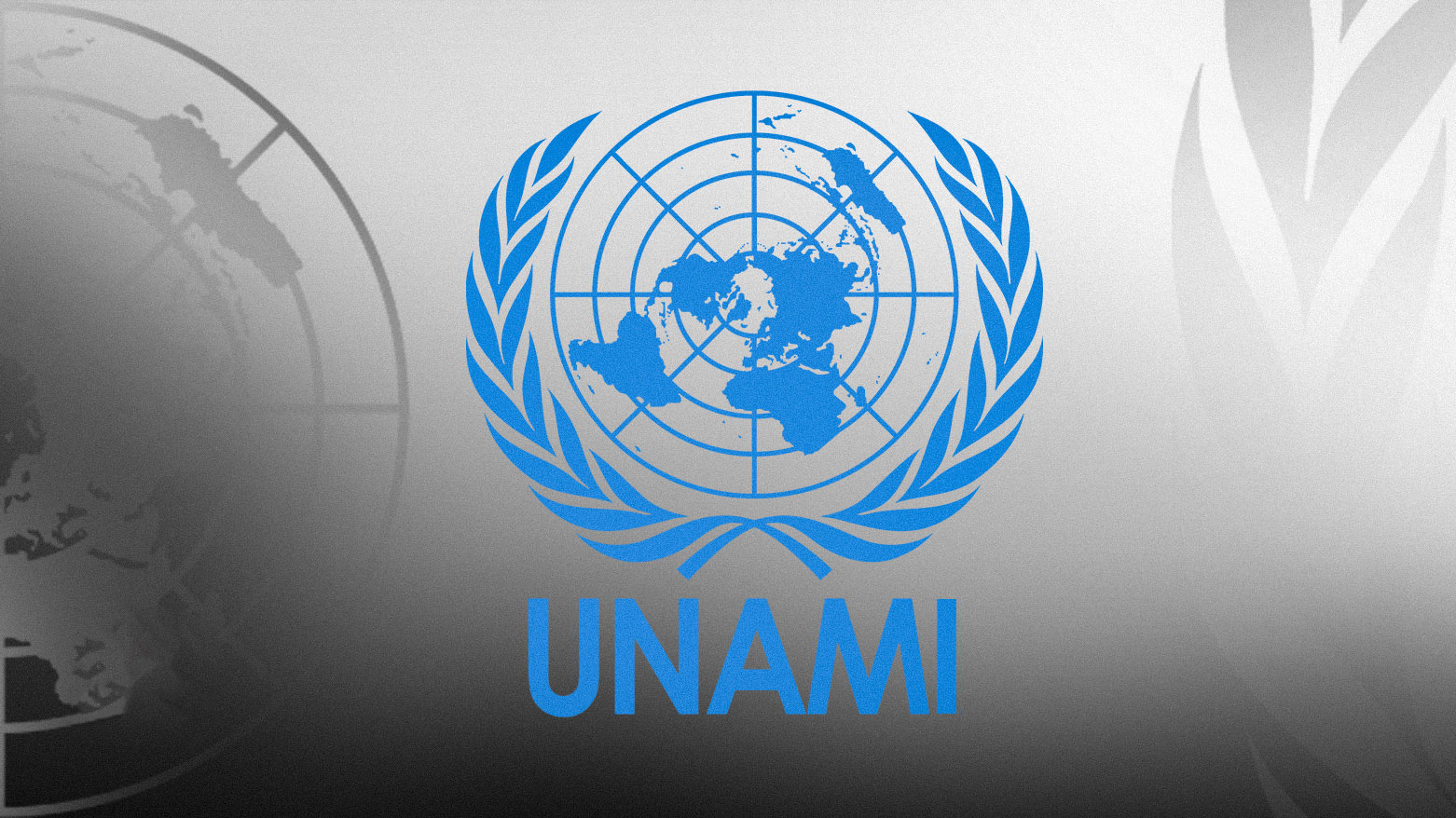UNAMI Voices Concern Over Sulaimani Clashes and Urges Restraint
UNAMI voices concern over Sulaimani clashes, urges restraint and protection of civilians. The statement follows a PUK operation that arrested former co-leader Lahur Sheikh Jangi, sparking violent confrontations.

ERBIL (Kurdistan24) – The United Nations Assistance Mission for Iraq (UNAMI) on Friday expressed concern over the latest violent developments in Sulaimani Governorate, warning against actions that threaten civilian lives.
In a statement posted on X, UNAMI said it “regrets the loss of life and injuries resulting from the recent clashes” and urged all parties to exercise restraint, avoid endangering civilians, uphold human rights, and ensure that judicial processes are conducted fairly and impartially in accordance with Iraq’s Constitution.
UNAMI statement on the developments in Sulaymaniyah
— UNAMI (@UNIraq) August 22, 2025
The United Nations Assistance Mission for Iraq (UNAMI) expresses its concern over the ongoing developments in Sulaymaniyah Governorate and regrets the loss of life and injuries resulting from the recent clashes.
UNAMI calls on…
The UN message follows similar calls from the United States, which on Friday publicly urged calm in the wake of the Sulaimani clashes. “The U.S. Mission to Iraq is closely monitoring the situation in Sulaimani. We oppose any violence that threatens public safety and stability and urge all parties to show restraint,” the U.S. Embassy in Baghdad stated.
Washington’s direct intervention underscored the gravity of the events and their potential to destabilize not only Sulaimani but also the broader Kurdistan Region and Iraq. Neighboring Türkiye also voiced concern, while Kurdistan Region Prime Minister Masrour Barzani warned that the turmoil “targets the security and stability of the Kurdistan Region,” calling on all sides to halt the clashes immediately and resolve disputes through legal channels.
The escalation followed a major security operation that began after midnight and culminated Friday morning when Patriotic Union of Kurdistan (PUK) forces seized the Lalezar Hotel, headquarters of Lahur Sheikh Jangi, and arrested him along with his brother, Polad.
The raid, carried out with tanks and armored vehicles, triggered hours of intense fighting in the Sarchnar neighborhood, with reports of heavy weapons and rockets being used. The confrontation widened after a drone attack targeted the headquarters of the PUK’s Force 70 Command.
Judicial authorities confirmed that an arrest warrant under Article 56 of the Iraqi Penal Code had been issued for Lahur and several others on charges linked to criminal agreements and threats to public security.
The Independent Human Rights Commission in the Kurdistan Region strongly criticized the manner of the arrests, denouncing the deployment of counter-terrorism units and heavy weaponry as an unnecessary “military display” that spread fear among residents.
The commission said the operation, which lasted four hours, left deaths and injuries and had “a bad reflection on the reputation of the region.” It also noted a legal violation, stressing that police—not counter-terrorism forces—should have executed the warrant.
Raising further concerns, the commission condemned media coverage that portrayed the arrested figures as “captives,” emphasizing that “the accused is innocent until proven guilty” and must be treated with dignity under the law.
The clashes mark the most violent turn yet in the internal power struggle within the PUK. Lahur Sheikh Jangi, a former co-president of the party, was ousted in 2021 when his cousin, Bafel Talabani, consolidated control. Since then, Lahur has launched a new political movement, the People’s Front, positioning himself as a rival force in Kurdish politics.
His dramatic arrest has reignited debates over the use of force in political disputes, raising urgent legal and human rights questions. With international actors including the UN and the United States now involved, pressure is mounting for de-escalation and accountability in Sulaimani.
